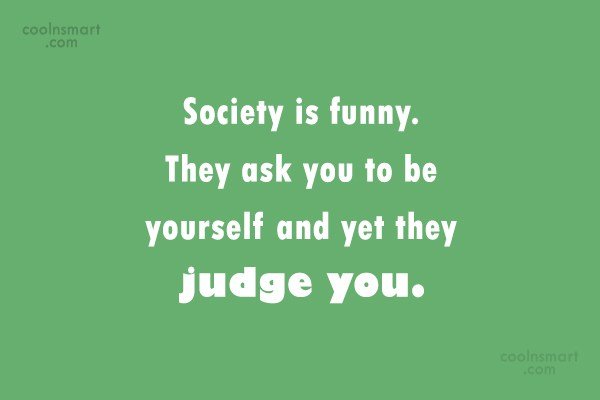Members of the society has access to the standard performances of knowledge
Image Source
It can promptly be seen that the development of role typologies is a fundamental relate of the institutionalization of conduct. Institutions are exemplified in singular experience by methods for roles. The roles, objectified semantically, are a basic element of the unbiasedly accessible universe of any general public.
In the stock of knowledge there are benchmarks of role execution that are open to all individuals from a general public, or if nothing else to the individuals who are potential entertainers of the roles being referred to. This general availability is itself part of a similar stock of knowledge, not exclusively are the models of role generally known, yet it is realized that these measures are known.
Thus every putative actor of role can be considered in charge of keeping the benchmarks, which can be instructed as a component of the institutional convention and used to confirm the accreditations of all entertainers and, by a similar token, fill in as controls.
The roots of roles lie in an indistinguishable key procedure of habitualization and objectivation from the sources of institutions. Roles show up when a typical stock of knowledge containing complementary typifications of conduct is in procedure of development, a procedure that is endemic to social interaction and preceding institutionalization.

Image Source
The inquiry as to which roles wind up institutionalized is indistinguishable with the inquiry as to which regions of conduct are influenced by institutionalization, and might be addressed a similar way. All institutionalized conduct includes roles.
The roles speak to the institutional order. This portrayal happens on two levels. First, execution of the role speaks to itself. To take part in judging is to speak to the role of judge. The judging individual isn't following up on his own, however qua judge. Second, the role speaks to a whole institutional nexus of conduct.
The role of judge remains in relationship to different roles, the totality of which includes the organization of law. The judge goes about as the delegate of this foundation. Just through such portrayal in performed roles can the organization show itself in genuine encounter. The organization, with its collection of customized actions, resembles the unwritten libretto of a drama.
The acknowledgment relies on the emphasized exhibitions of its recommended roles by living actors. The actors epitomize the roles and realize the drama by speaking to it on the given stage. Neither drama nor organization exist observationally separated from this repetitive acknowledgment. To state, at that point, that roles speak to institutions is to state that roles make it feasible for institutions to exist, until the end of time, as a genuine nearness in the experience of living people.

Image Source
References:
https://link.springer.com/chapter/10.1007/978-3-319-44588-5_6
https://en.wikipedia.org/wiki/Volition_(psychology)
http://citeseerx.ist.psu.edu/viewdoc/download?doi=10.1.1.399.9812&rep=rep1&type=pdf
I like the last image.
so true, which leaves me no comment. hahaha!
Every society big or small have their own way of doing things, what I don't understand is why most societies fall under the spell of tradision, as times change we as people and societies should change and stop living in a life as if scripted. Could the steemit community be seen as a society in your oppinion @juvyjabian?
Yes
This is a very keen philosophical observation and perspective about society. I thought I was reading a book in college about sociological study. This is a good read. I think this is an excellent work @juvyjabian.
Great information